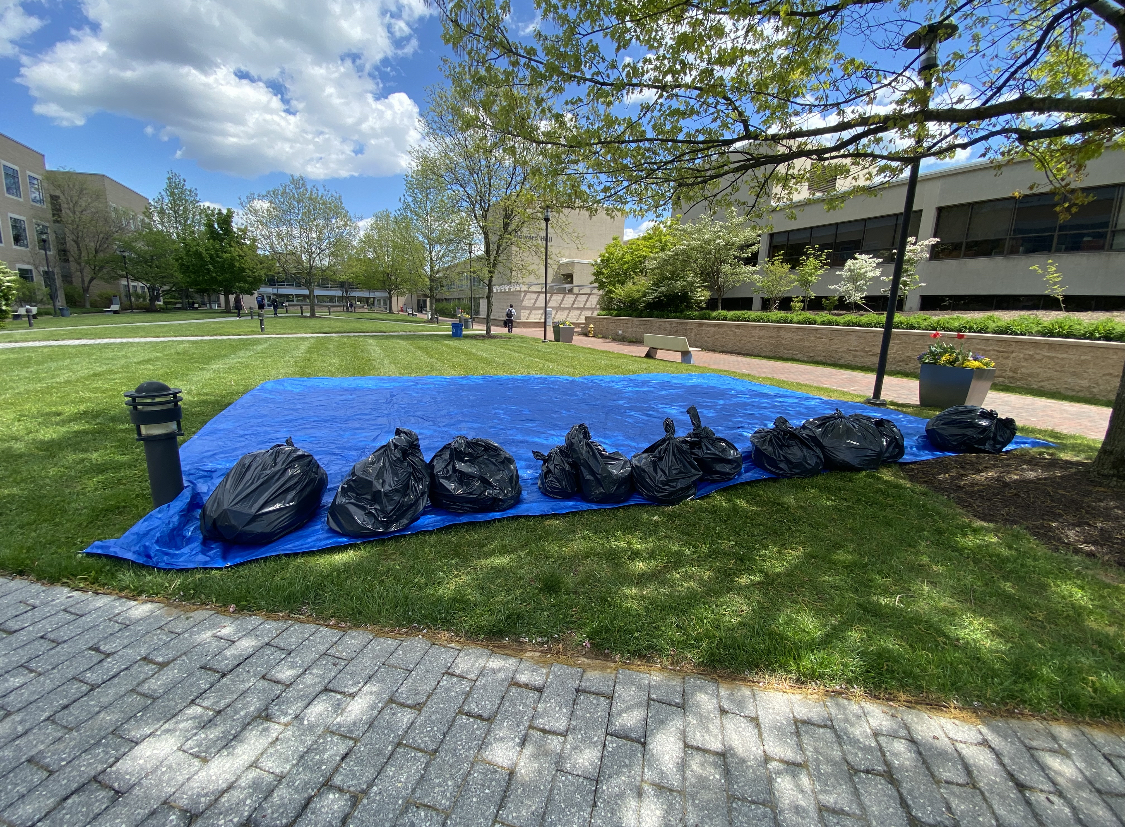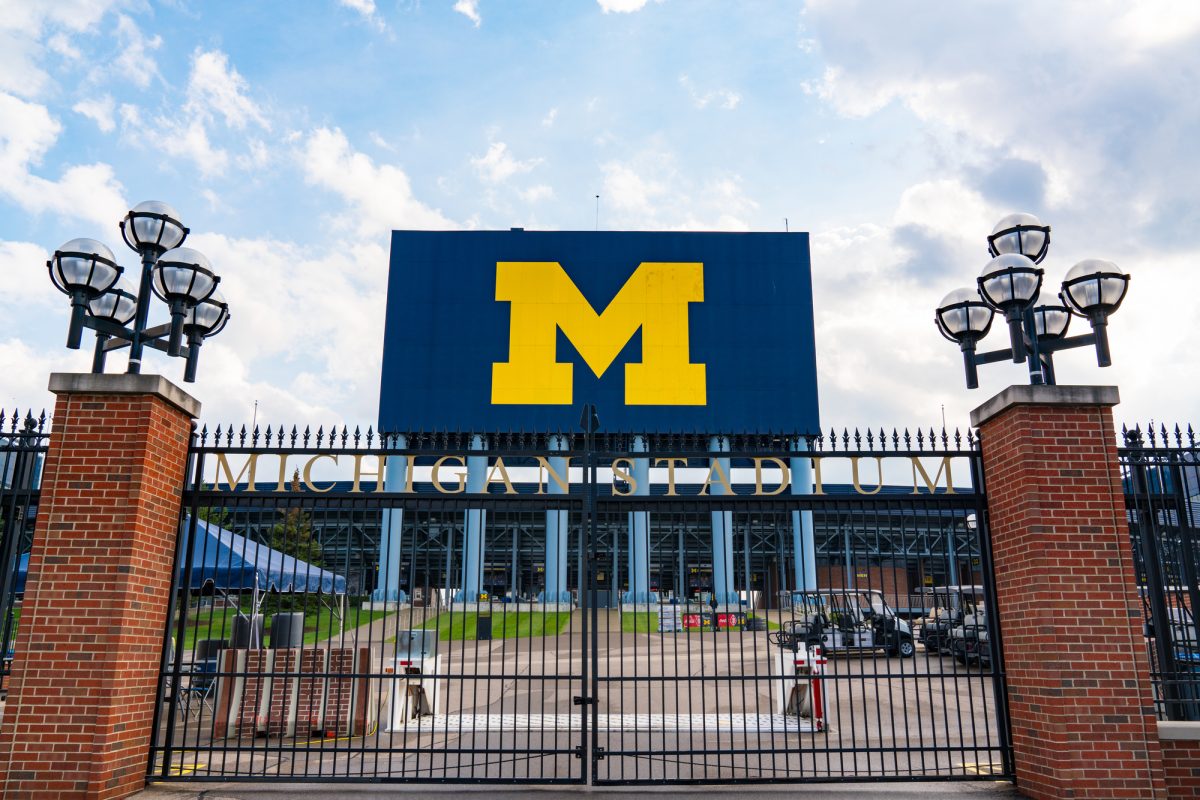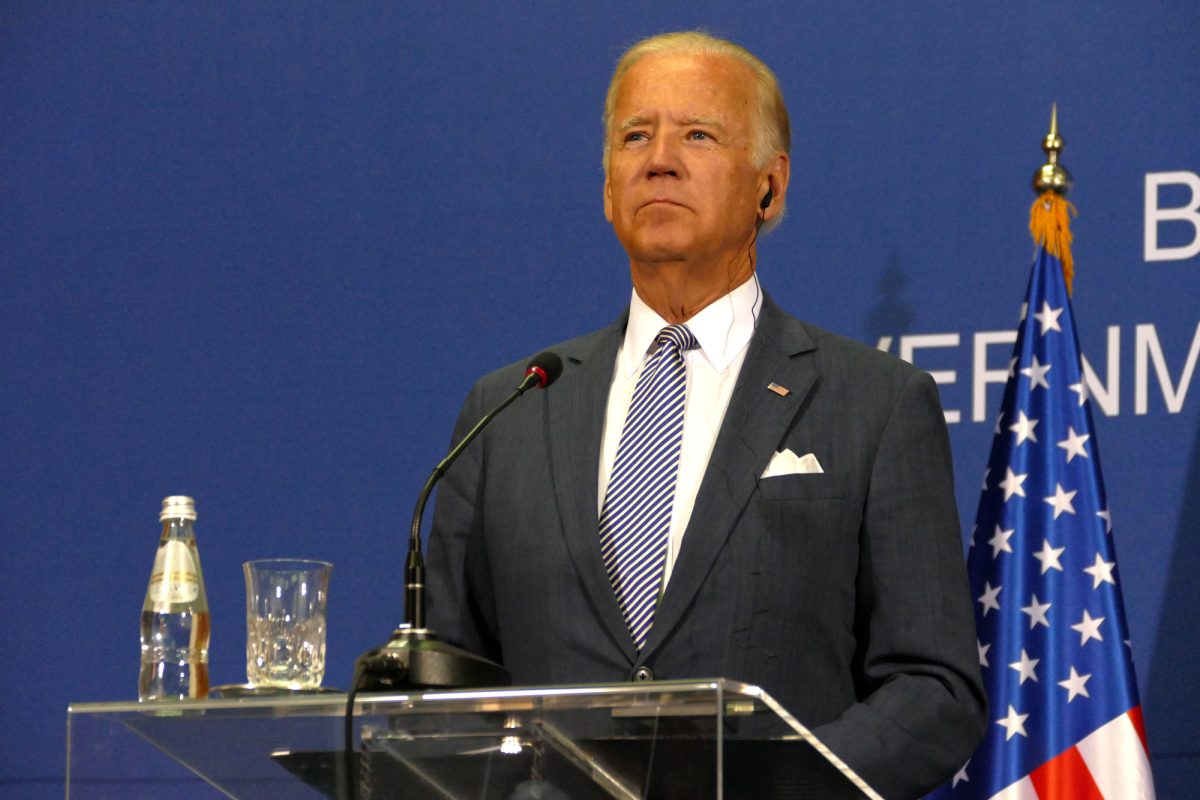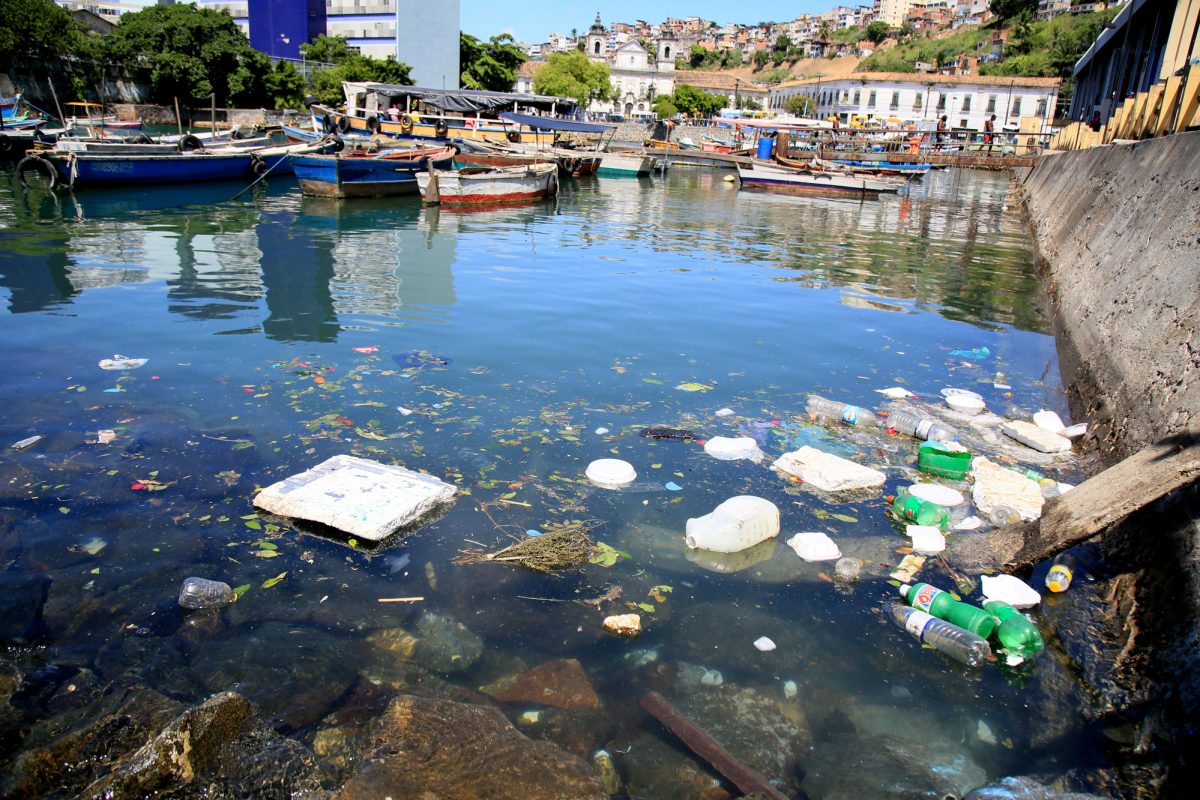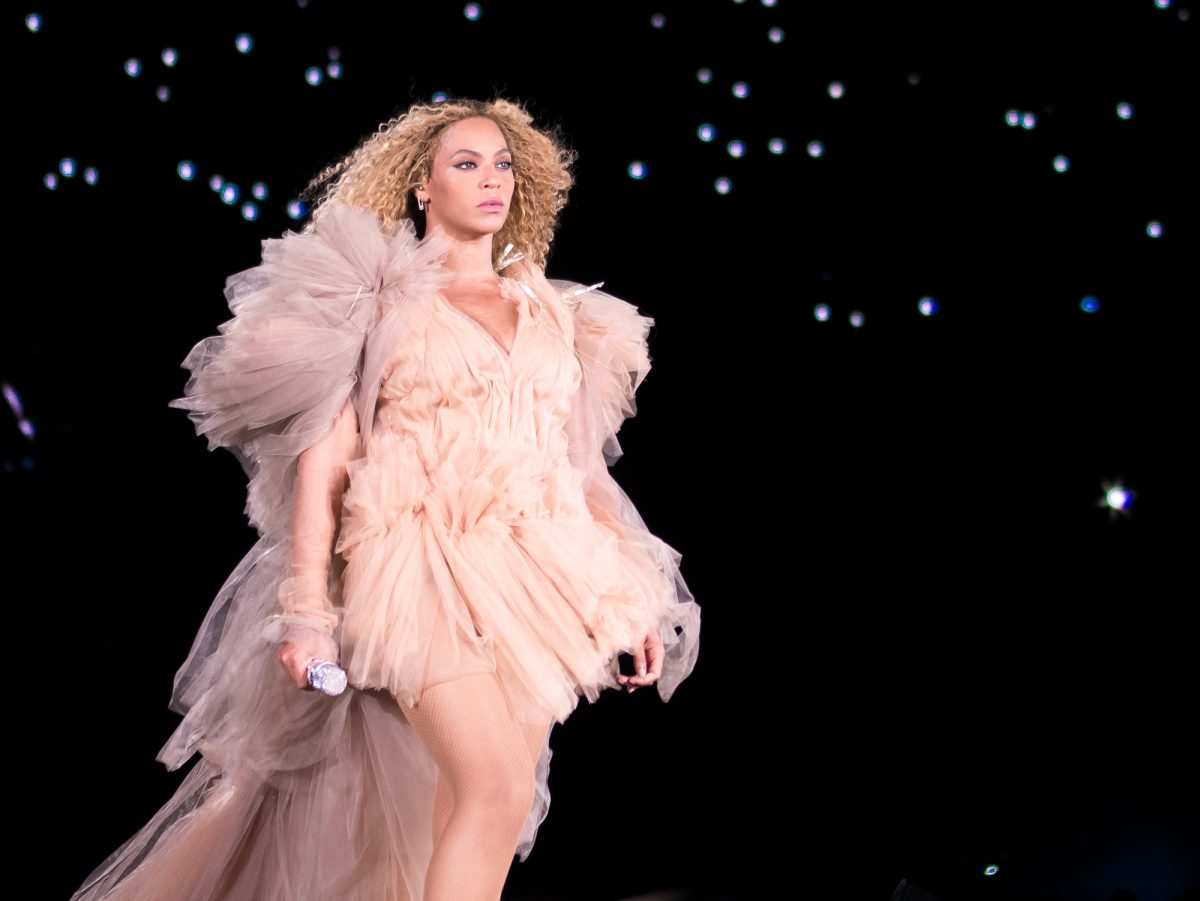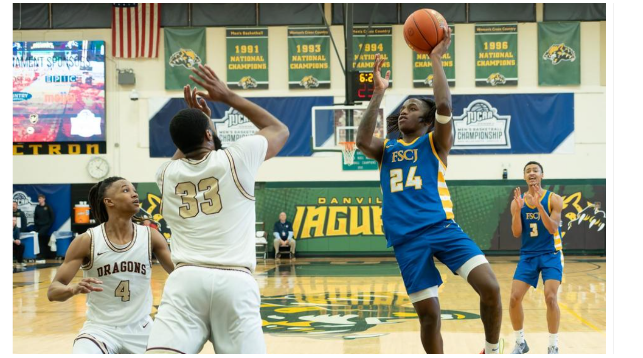The Coronavirus Vaccine: Positive Progress and Necessary Reminders
August 18, 2020
As the Fall 2020 semester approaches, the threat of COVID-19 persists. However, progress has been made with the coronavirus vaccine.

According to Jonathan Corum, Denise Grady, Sui-Lee Wee and Carl Zimmer, writers for The New York Times, “Researchers around the world are developing more than 165 vaccines against the coronavirus, and 27 vaccines are in human trials.” It is normal for vaccines to take years to develop, but scientists are working faster than ever before because of the threats COVID-19 presents, and it is very possible to have a safe and effective vaccine developed by 2021, according to Corum and his colleagues. However, although progress is being made with vaccine development, “some trials will fail, and others may end without a clear result,” so the future remains uncertain. Scientists hope that a few trials will succeed and reveal effective antibodies that can be produced to fight off the virus.
On July 15, CBS News reported that the first COVID-19 vaccine was tested in the U.S. and yielded positive results. The tested vaccine “revved up people’s immune systems just the way scientists had hoped.” Due to this progress, final testing will soon occur. Dr. Anthony Fauci, the U.S. government’s top infectious disease expert, agreed that this is good news. The vaccine started its next phase of testing on July 27. This step includes “a 30,000-person study to prove if the shots really are strong enough to protect against the coronavirus.”
The researchers also discovered that early volunteers for the tested vaccine developed neutralizing antibodies– molecules key to defeating infection. This is considered a huge step towards having an effective vaccine to fight COVID-19. The goal is to have the vaccine ready for distribution by the end of 2020 or in early 2021, making it the fastest vaccine ever developed.
However, this vaccine will not offer an easy way out. People need to remember that “while vaccines are seen as a way to control the crisis, they should not be the basis for long-term measures,” David Heymann, a professor of infectious disease epidemiology, stated for MSN News. MSN News reports that “infectious disease experts can only theorize about what trajectory the virus will take in the coming months.” There is a possibility that some form of COVID-19 will become a permanent fixture in society. Conditions may continue to worsen if people do not take the necessary steps to protect themselves and others.
People cannot expect improvements when they do not follow the guidelines outlined by health organizations and governments. Daniel Lucey, an adjunct professor of infectious diseases, tells MSN News that “unless [COVID-19 is] gone, it will continue to flare up given the opportunities humans present to the virus by not wearing masks and not social distancing, so yes, this is our world reality now.”
Unfortunately, the U.S. has less robust tracking and tracing measures than many countries, which has contributed to the country having the highest number of infections in the world. On August 8 on National Public Radio, Brian Mann reported that the national death toll for the U.S. has passed 150,000, and that number is continuing to climb. With this grim realization, some people “want the federal government to take extensive action to slow the spread of the coronavirus, favoring a top-down approach to reopening schools and businesses,” according to the results of an NPR/Ipsos poll that Mann conducted. People are looking for a broad, powerful strategy that the federal government will put into action; however, many feel that plans do not currently look promising. As Laura Braslow, a participant in the NPR/Ipsos poll said, “we’re doing absolutely worse.”
Although there is hope that the vaccine will be ready for distribution soon, the process to develop a vaccine is long and cannot be rushed. Alex John London, director of the Center for Ethics and Policy at Carnegie Mellon University, told Nicole Wetsman, a writer for The Verge, that “it’s just fundamentally wrong to think that because there’s an emergency, that we should somehow throw out aspects of scientific research.” New vaccines are difficult to create when scientists have no prior knowledge of what the virus contains, and a vaccine has to be thoroughly tested before it can be distributed. If there are clear signs that the vaccine is working, then scientists will stop their trials early and work on getting the vaccine approved by the Food and Drug Administration, according to Wetsman. However, that is a rare exception due to unknown side effects.
This progress is important to improving COVID-19 conditions, but so are following the safety measures set. Scientists are developing the vaccine safely and cautiously, but it will take time. Wetsman states that “going at warp speed can save some time, but solid, conclusive answers are worth the wait.” So, while everyone waits for more good news, conditions must get better. In order for conditions to improve, everyone should “wash their hands frequently, avoid touching their face, avoid physical contact, refrain from sharing personal items with others, wear their masks, clean and disinfect surfaces, take social distancing seriously, and self-quarantine if they are sick,” according to Healthline. These measures are important because COVID-19 is not like the common cold–it is a new virus that scientists are still trying to decipher.

